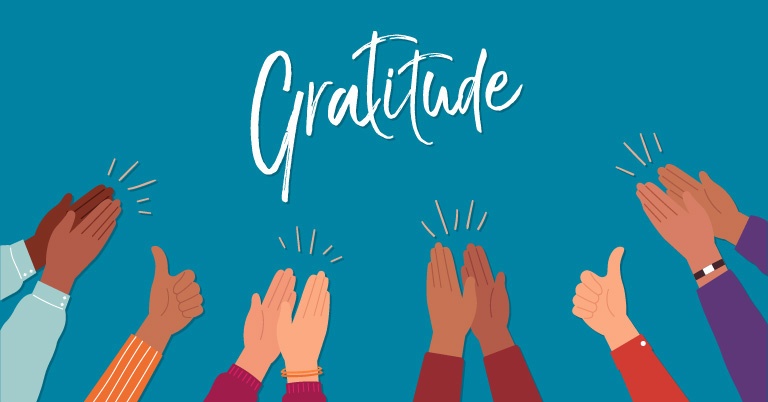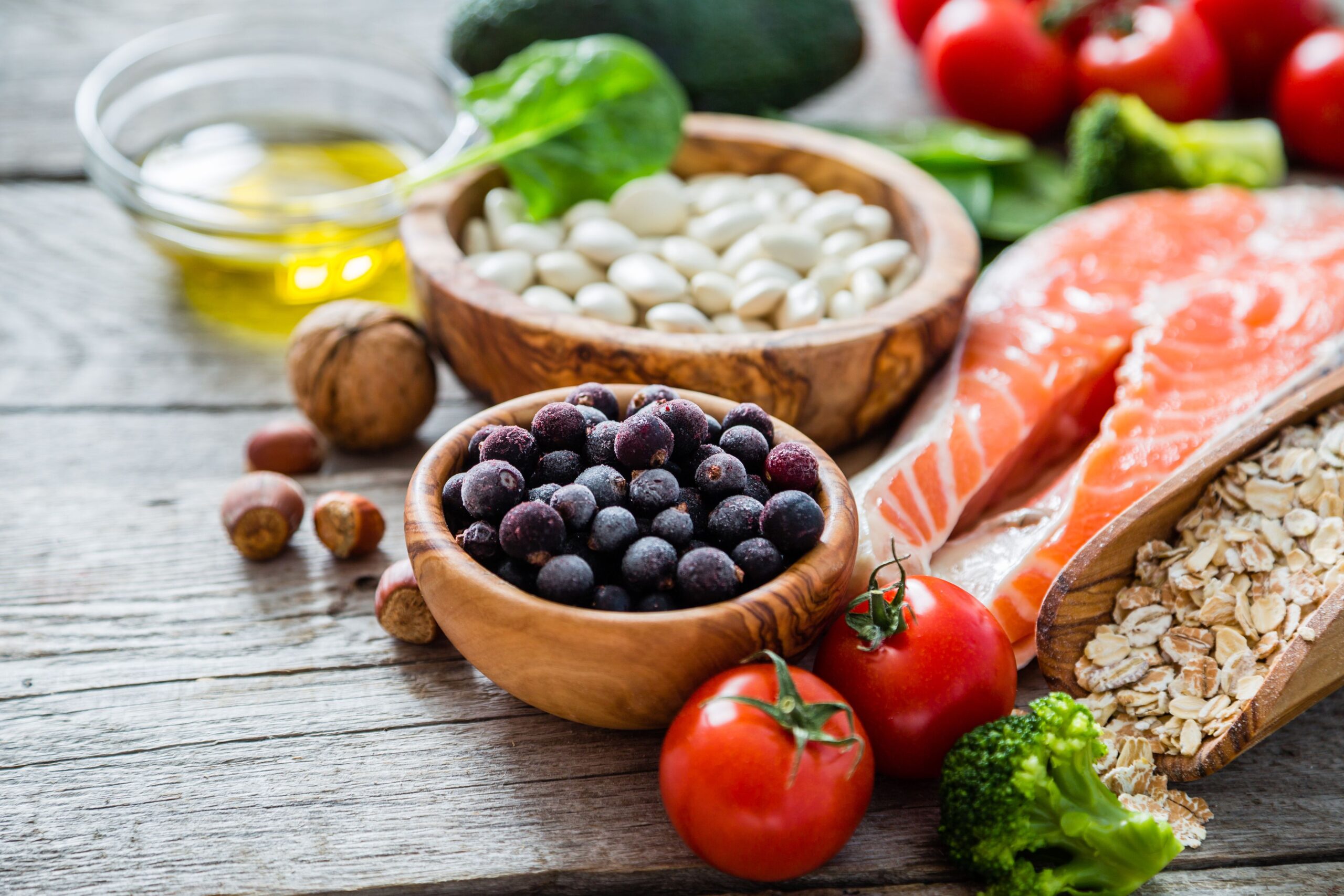Among the many benefits of practising thankfulness are enhancements to your overall mental and physical health. Being thankful might mean different things to different individuals. The practise of gratitude can be expressed in a variety of ways, from daily journaling to evening prayers.
What is gratitude?
The positive emotions of appreciation and thankfulness are linked to a number of advantages for both mental and physical health. When you’re feeling appreciative, you act in a variety of lovely, pleasant, and charitable ways to express your gratitude for something or someone in your life. Depending on who is using the word and the context, it can indicate many different things.

In most cases, being thanks comes from realising that something good has happened to you and appreciating that someone, whether that someone is another person or an outside source like the environment or a heavenly being, is to blame.
Understanding the good things in your life and how they affect you is necessary for gratitude. It can be anything from admiring pretty flowers on the sidewalk to expressing gratitude after overcoming a terrible illness.
There are many ways to show gratitude, some of them are as follows: Journaling, observing the little things in life, such as birds in trees, telling someone you are grateful for them or for something they did, even if it occurred a long time ago, doing something kind for someone in your life to show your gratitude, reflecting on the positive things in your life, and praying are exercises to express gratitude.
Quick Ways to Build Your Gratitude
Keep a gratitude notebook. Make it a practise to remind yourself every day of the blessings, grace, benefits, and wonderful things you enjoy. By setting aside time each day to think back on instances of thankfulness relating to everyday occurrences, your special traits, or significant people in your life, you have the ability to weave a lasting theme of gratitude into your life.
Be aware of the negative. Being grateful for where you are now might be aided by remembering your past challenges. An explicit contrast is made in your mind when you think back on how difficult life used to be and how far you have gone. This contrast fosters an atmosphere that encourages thankfulness.
Ask yourself these three questions. Utilize the Naikan meditation technique, which involves thinking about the following three issues: “What benefit did I get from? How much did I give ? What difficulties and hardships have I brought on?”
Study the prayers of thanks. Prayers of thanksgiving are often considered to be the most effective sort of prayer in many spiritual traditions because they aid individuals in understanding the ultimate source of everything they are and will ever be.
Be more organised. Touch, sight, smell, taste, and hearing are among the five senses that help us comprehend what it means to be a human and how marvellous it is to be alive. When seen with gratitude, the human body is not just a marvellous invention but also a gift.
Make the decision to practise thankfulness. Behaviour’s likelihood of being carried out is increased, according to study, when it is sworn to. Write your own gratitude declaration—it may be as straightforward as, “I promise to count my blessings every day”—and put it somewhere you will see it every day.
Watch your language. People who are appreciative often speak in a distinctive way, using words like abundance, presents, givers, blessings, and fortune. You should be appreciative for what others have done for you rather than focusing on your own inherent goodness.
Observe the protocol. Your acts should prompt the expression of gratitude. Gracious actions include grinning, saying “thank you,” and writing letters of appreciation.
Think about Strange Ideas. To make the most of opportunities to practise thankfulness, you must be resourceful in your search for new reasons and circumstances to be glad.
Recognize the good in your struggles. Appreciating only the good is not the definition of gratitude. In fact, there are occasions when focusing on unfavourable or challenging circumstances might help you identify your true blessings. Jack Kornfield, a leading figure in Western Buddhism, recalls an activity he did with a guy who was raising his grandson while his son and daughter-in-law struggled with drug addiction. Despite everything that had happened to him, the man was still able to express thankfulness for the compassion he had developed and the effect he had been able to make on others.
Practice mindfulness. The key is to visualise it in your thoughts and sit with a sense of thankfulness throughout your body. You’ll start to feel better after each session as a result of daily practise, which will rewire your brain to be inherently more appreciative.
- If you’re looking for the “Best Therapist in India” or “Psychiatrist near me”, visit TalktoAngel, a platform that allows you to connect with the best online mental health counselors.




